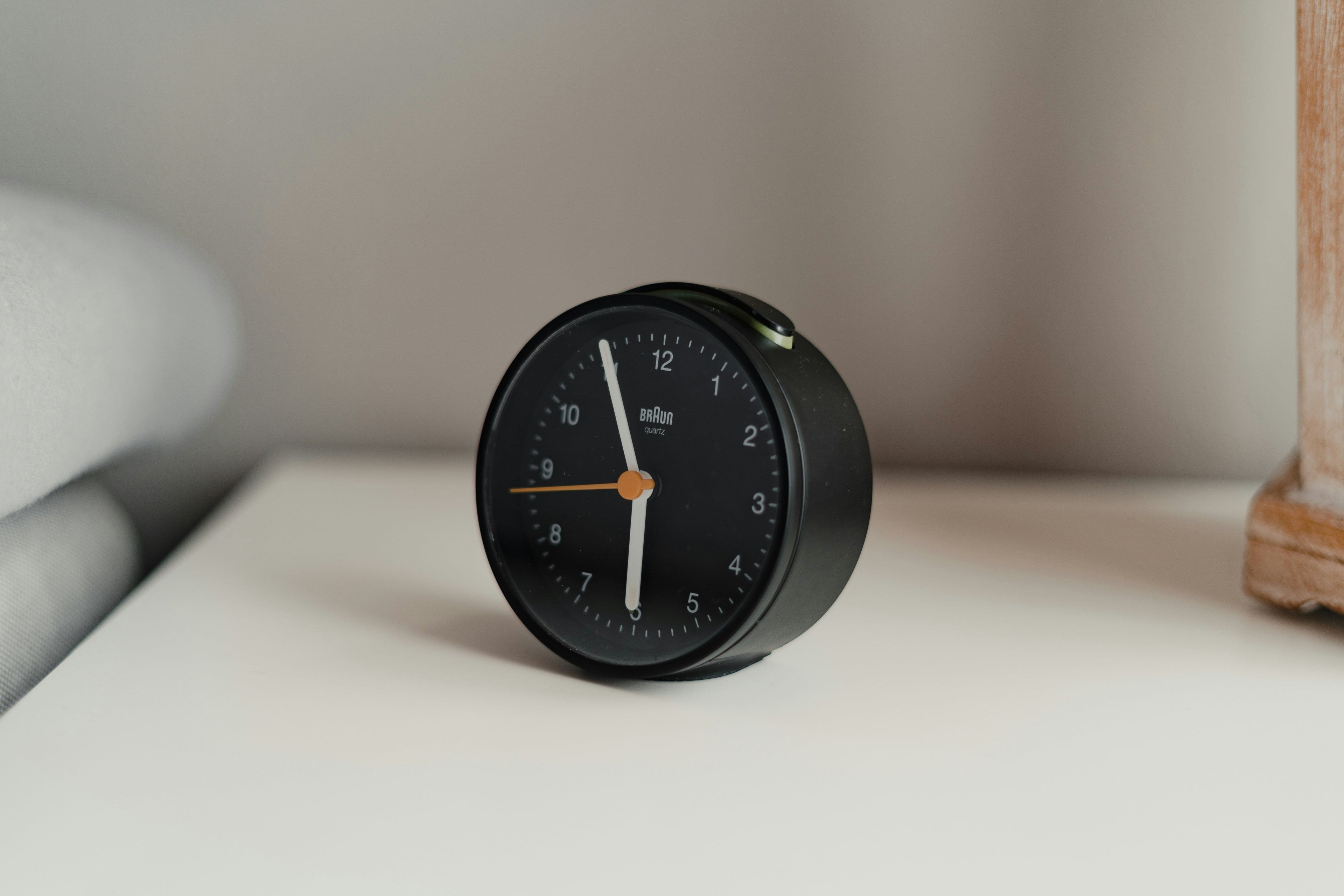Even if you eat well and exercise, your lifestyle habits may be quietly sabotaging your sleep. From the light you expose yourself to, to the way you handle stress, to the environment in your bedroom — these daily choices add up. The key to unlocking deeper rest isn’t complicated, but it does require consistency.
Your body runs on a circadian rhythm, a natural clock that responds to light and darkness. Waking up and going to bed at the same time each day trains this clock. Morning sunlight boosts serotonin, which later converts into melatonin to help you sleep. In the evening, dimming the lights and avoiding screens gives your body the signal that it’s safe to rest. Blue light from phones and TVs, on the other hand, can confuse your brain into thinking it’s daytime.
Your sleep environment matters more than you might think. A cool bedroom (around 60–67°F) helps your core temperature drop, which is necessary for falling asleep. Darkness signals melatonin production, while silence or soothing white noise helps you stay asleep. Even investing in breathable sheets or a supportive mattress can make a noticeable difference.
Stress is one of the biggest barriers to sleep, and it often shows up just when your head hits the pillow. Creating a wind-down ritual is one of the best tools you have. Journaling, stretching, deep breathing, or prayer help transition your mind from “go mode” to “rest mode.” Herbal teas or calming supplements like Sleep MAXX can also become part of this nightly routine, signaling to your body that it’s time to release the day.
Good sleep is rarely the result of a single hack — it’s the product of layered, intentional habits. When you consistently support your circadian rhythm, optimize your environment, and manage stress, you create conditions for your body to do what it was designed to do: rest deeply and heal overnight.

